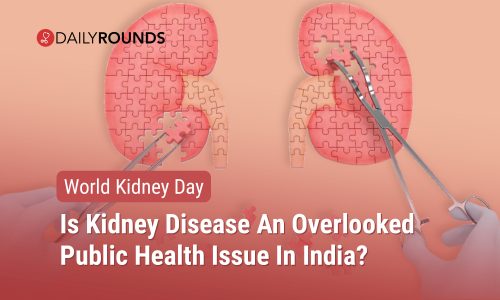
Over the past few days, we’ve been reading a lot of reports of a rare but fatal fungal infection that is being detected amongst Covid survivors and recovering Covid patients. The disease, known as mucormycosis and colloquially as “black fungus”, often manifests in the skin and also affects the lungs and the brain. Let’s look into the details of this fungal disease which may turn fatal if not taken care of well enough.

As India touches 20 million Covid-19 infections, a number of states over the last few weeks have reported shortages of medical oxygen for a growing pool of patients in need of oxygen support. Dozens of hospitals in a number of cities and towns have run short of the life-saving gas, sending relatives of patients scrambling for oxygen cylinders, sometimes in vain.

Back in December 2020, news media across the globe reported a new variant of the SARS-CoV-2 that causes COVID-19, and since then, numerous other variants have been identified and are under investigation. Meanwhile, the new variants are raising multiple questions: Are people more at risk for getting sick? Are the variants driving the ongoing surge in Covid-19 cases? Can the variants evade vaccines?

The National Commission for Allied and Healthcare Professions Bill, 2020 (NCAH Act) was passed by Parliament recently after a long and anxious wait, particularly by health professionals. The landmark law is expected to recognise the skills of over 56 types of frontline health workers, increase their employment opportunities and enhance their true worth within India and globally. Let’s look closely into the key points of the Bill.

The healthcare crisis in rural India is not a new chapter, in fact, it has been there for ages. However, in an attempt to fix the healthcare services in these parts of the country, the Parliamentary committee has now recommended the Department of Health and Family Welfare for the compulsory posting of doctors passing MBBS in the rural areas for three years. It also suggested that practitioners violating the rule may be de-registered and banned from undergoing medical practices for the deregistered period.

The burden of kidney disease lacks a precise definition and is often ignored in the face of persistent challenges posed by communicable diseases. However, estimates show that it affects around 850 million people around the world. So, on this World Kidney Day which is observed to raise awareness about the importance of kidney health and kidney disease, let’s reflect upon its prevalence, morbidity, and mortality in India.



